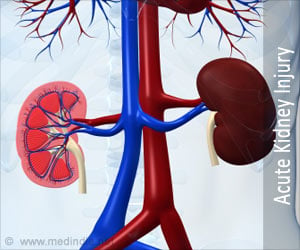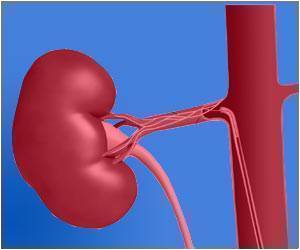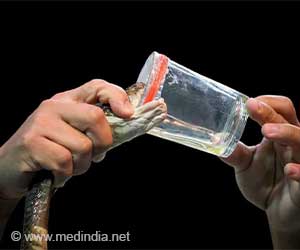Women with a history of acute kidney injury are more likely experience adverse pregnancy outcomes such as preeclampsia and premature birth.
- Acute kidney injury can increase the risk of pregnancy complications.
- The risk of preeclampsia increases by 23% in women who have recovered from acute kidney injury.
TOP INSIGHT
In women with a history of acute kidney injury, the risk of preeclampsia increased by 5.9 times and the risk of any adverse fetal outcome increased by 2.4 times.
Link Between Acute Kidney Injury and Pregnancy Complications
Previously conducted studies have linked existing kidney disease to increased risk of pregnancy complications. For the current study, the investigators studied whether a previous episode of acute kidney injury could also increase the risk of pregnancy complications.
The medical records of nearly 25,000 women who delivered babies at the MGH between 1998 and 2007 were analyzed. About 24,640 had no history of kidney disease and 105 women had a history of recovering from acute kidney injury.
The findings showed that women with a history of acute kidney injury were more likely to develop preeclampsia by 23% and cesarean deliveries by 40%. In addition to the higher risk of premature delivery, their babies were small for their gestational age and required intensive care treatment.
After adjusting several influential factors, the history of acute kidney injury increased the risk of preeclampsia by 5.9 times and increased the risk of any adverse fetal outcome by 2.4 times.
"We know that kidneys undergo major changes during pregnancy, and that sort of 'renal stress test' may reveal previously undetected kidney disease in women with a history of acute kidney injury," says Tangren.
Looking for signs and symptoms of preeclampsia or any adverse pregnancy complications in patients with a history of acute kidney injury is important.
“Can interventions in patients with a history of acute kidney injury prevent complications like preeclampsia? Taking a baby aspirin each day during pregnancy is recommended for some women at high risk for preeclampsia. Should such preventative treatment be used in women with a history of acute kidney injury? Questions like this deserve further thought and study."
The findings of the study are published online in the Journal of the American Society of Nephrology.
Acute Kidney Injury
Acute kidney injury is a condition in which the kidneys suddenly stop filtering waste from the blood. This condition is more commonly reported in elderly and critically ill patients. It can also occur in young adults hospitalized for conditions such as infections, major injury, trauma, medication side effects or interactions.
Reference:
- Jessica Sheehan Tangren, Camille E. Powe†, Elizabeth Ankers, Jeffrey Ecker, Kate Bramham§, Michelle A. Hladunewich‖, S. Ananth Karumanchi and Ravi Thadhani. ‘Pregnancy Outcomes after Clinical Recovery from AKI,’ Journal of the American Society of Nephrology:(2016)DOI: 10.1681/ASN.2016070806
Source-Medindia
 MEDINDIA
MEDINDIA





 Email
Email










